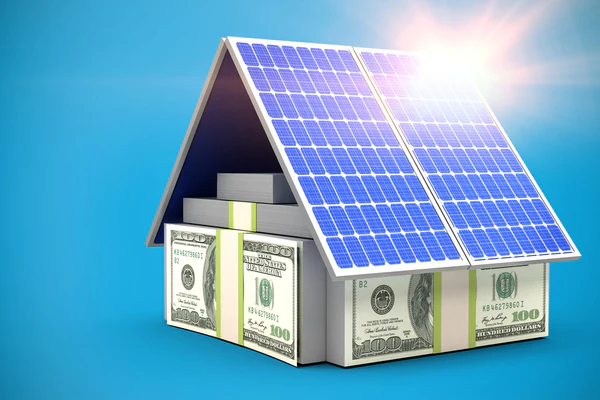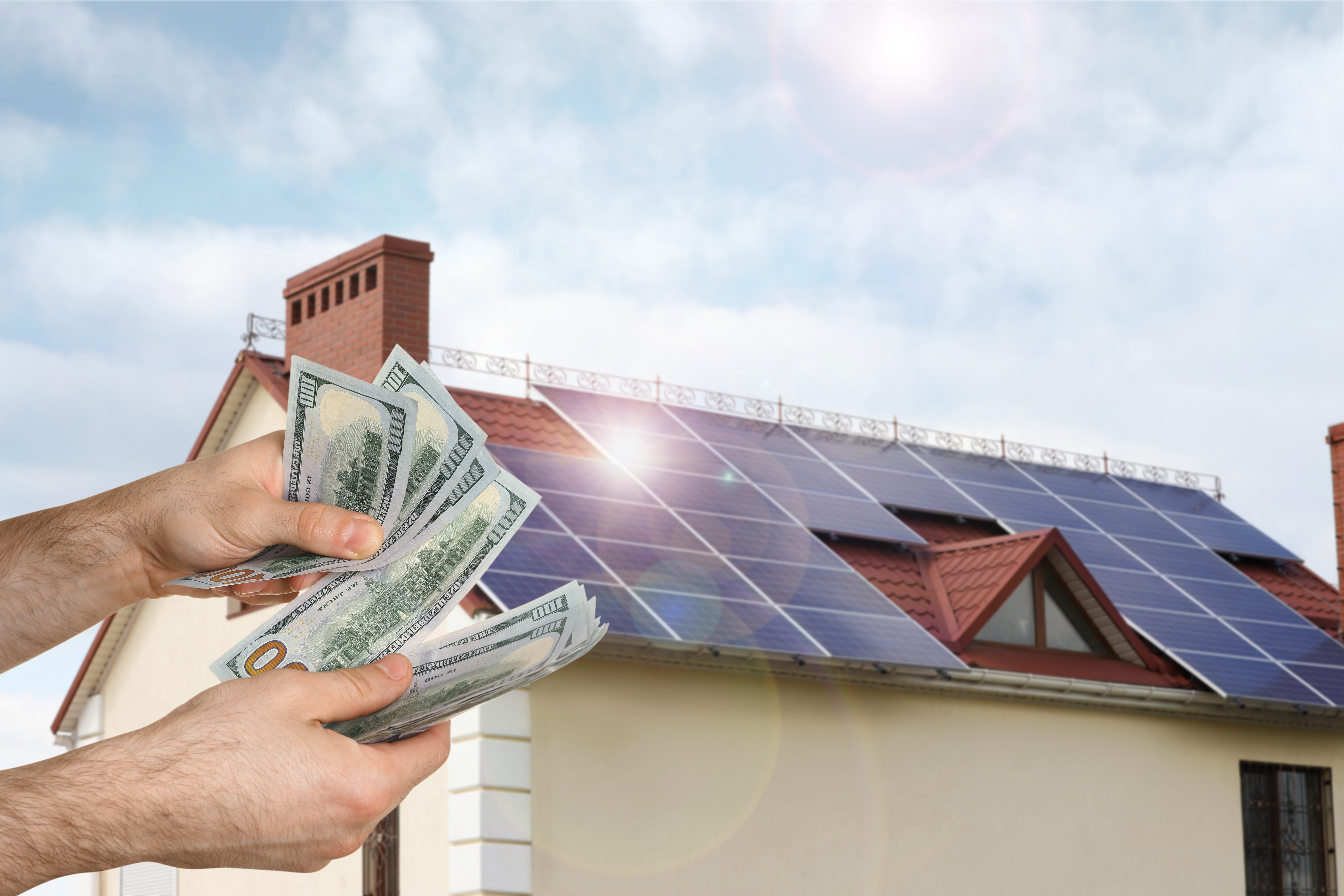Reduce Energy Bills with Simply Solar Illinois – Explore Your Choices
Reduce Energy Bills with Simply Solar Illinois – Explore Your Choices
Blog Article
Exactly How Solar Energy Can Help You Conserve Money and Decrease Your Carbon Impact
The combination of solar power into your power portfolio offers a compelling opportunity for both economic savings and environmental stewardship. By taking advantage of the sun's energy, homeowners can substantially lower their regular monthly energy expenses while also safeguarding against the changability of future energy costs. The change to solar contributes to a significant decrease in carbon emissions, straightening personal financing with wider environmental objectives. As various government rewards come to be available, the question develops: just how can one effectively browse the first financial investments and recurring benefits of solar technology to optimize both economic and environmental gains?
Comprehending Solar Power Financial Savings
While the transition to solar power typically involves a preliminary investment, comprehending solar power financial savings is crucial for property owners and services alike. Solar power systems can considerably lower power expenses by taking advantage of the sunlight's power, equating into significant long-term monetary benefits. By generating their very own power, users lessen reliance on grid power, which undergoes changing rates. These cost savings can gather over time, typically resulting in a fast return on financial investment.
Additionally, solar energy systems might qualify for numerous financial motivations, consisting of tax obligation credit ratings and rebates, better enhancing their cost-effectiveness. The schedule of net metering permits customers to offer excess energy back to the grid, creating an added earnings stream. These factors contribute to the general savings connected with solar power.

In enhancement to route monetary savings, solar power uses the included advantage of raising home worth. Houses outfitted with photovoltaic panels are usually more attractive to customers, as they promise reduced power expenses - Simply Solar Illinois. Recognizing these elements is vital for any individual considering solar energy, as it highlights not simply the potential monetary gains, but additionally the wider ecological and financial advantages of taking on renewable resource solutions
First Expenses vs. Long-Term Benefits
When examining solar power, it is essential to consider the initial costs versus the long-term advantages. The upfront financial investment for solar panels, setup, and relevant tools can be considerable, often varying from $15,000 to $30,000, depending on the system dimension and home energy needs. This preliminary expense might discourage some homeowners; nevertheless, it is crucial to consider the potential financial savings in time.
Once installed, solar energy systems can dramatically decrease and even remove regular monthly electricity costs, causing substantial long-lasting financial benefits. Researches show that homeowners can save anywhere from $10,000 to $30,000 over the lifespan of their solar system, commonly 25 years. Additionally, lots of states use incentives, tax obligation credit histories, and refunds that can offset initial costs, making solar much more obtainable.

Reducing Your Carbon Impact
Decreasing your carbon impact is a critical consideration in today's ecologically aware society, and embracing solar power is find this among the most effective methods to attain this objective. Solar power is a clean, sustainable resource that considerably lessens dependence on fossil gas, which are major contributors to greenhouse gas exhausts.

In addition, the prevalent adoption of solar technology motivates the advancement of green tasks and sustains advancements in power storage and effectiveness. The more individuals and organizations invest in solar power, the higher the collective decrease in carbon emissions, promoting a cleaner ambience for future generations.
Government Rewards and Discounts
Adopting solar energy not just profits the setting yet can additionally bring about significant monetary savings, especially with the availability of government incentives and rebates. Different federal, state, and neighborhood programs are made to encourage house owners and services to purchase solar energy systems, making the transition a lot more budget friendly.
One of one of the most prominent rewards is the Federal Investment Tax Obligation Credit History (ITC), which enables planetary system proprietors to deduct a significant portion of the installation costs from their government taxes. This reward has actually been critical in reducing the in advance expenses related to solar power systems. In addition, numerous states offer their own tax credit ratings, gives, and refunds that can additionally boost financial savings.
Moreover, some city governments provide home tax obligation exceptions for solar installments, making certain that home owners do not encounter increased residential property taxes as a result of their eco-friendly energy financial investments. Energy companies may also provide incentives, including internet metering and feed-in tariffs, which enable solar power customers to market excess power back to the grid.
Choosing the Right Solar System
Selecting the ideal solar system is important for making the most of power effectiveness and financial advantages. The decision pivots on several aspects, consisting of power needs, budget plan, and offered area. House owners must begin by analyzing their power consumption to determine the system dimension required for optimal efficiency.
Following, think about the various kinds of solar innovations available. Simply Solar Illinois. Solar (PV) panels are the most typical, transforming sunshine straight right into power, while solar thermal systems concentrate on home heating water. Each kind has unique advantages depending on specific requirements
Budget plan considerations are likewise paramount. see this website Initial setup costs can vary significantly, so it is necessary to compare quotes from multiple service providers and discover financing choices. Government motivations and refunds can additionally lower the financial problem, making planetary systems why not try these out extra available.
Final Thought
In summary, solar energy presents a feasible remedy for accomplishing substantial price financial savings while all at once decreasing carbon emissions. The first investment, though substantial, returns significant lasting financial advantages, with prospective financial savings varying from $10,000 to $30,000 over 25 years. The environmental benefits of solar energy contribute to lasting practices vital for combating climate modification. Government rewards improve the feasibility of solar technology fostering, encouraging a transition in the direction of a cleaner, much more economically efficient power source.
Report this page